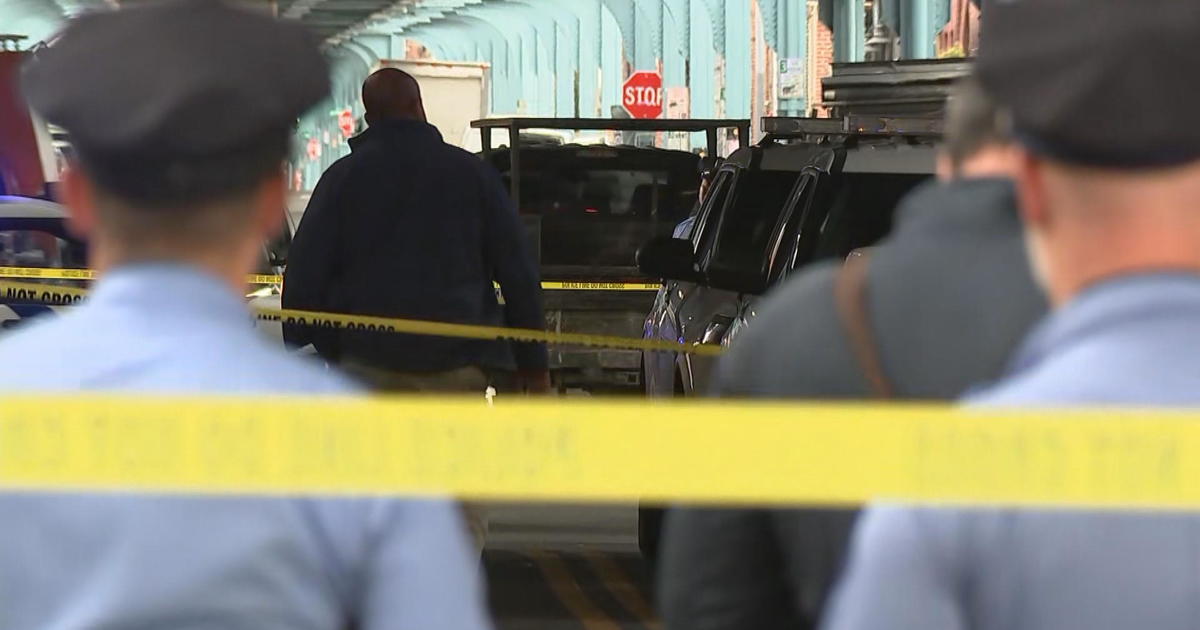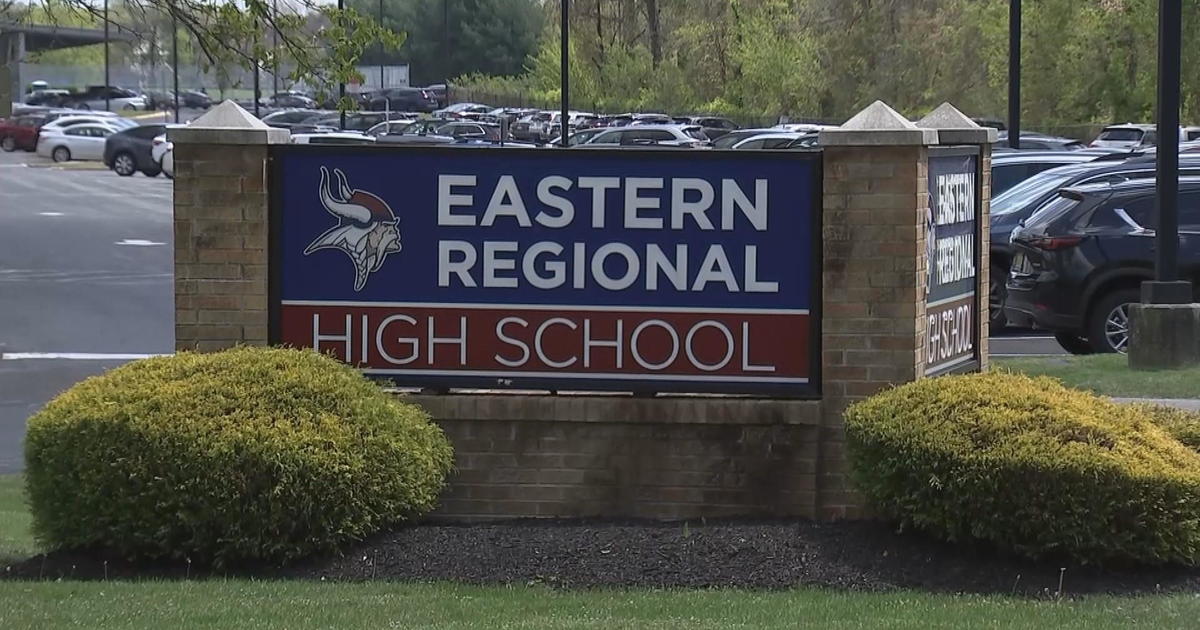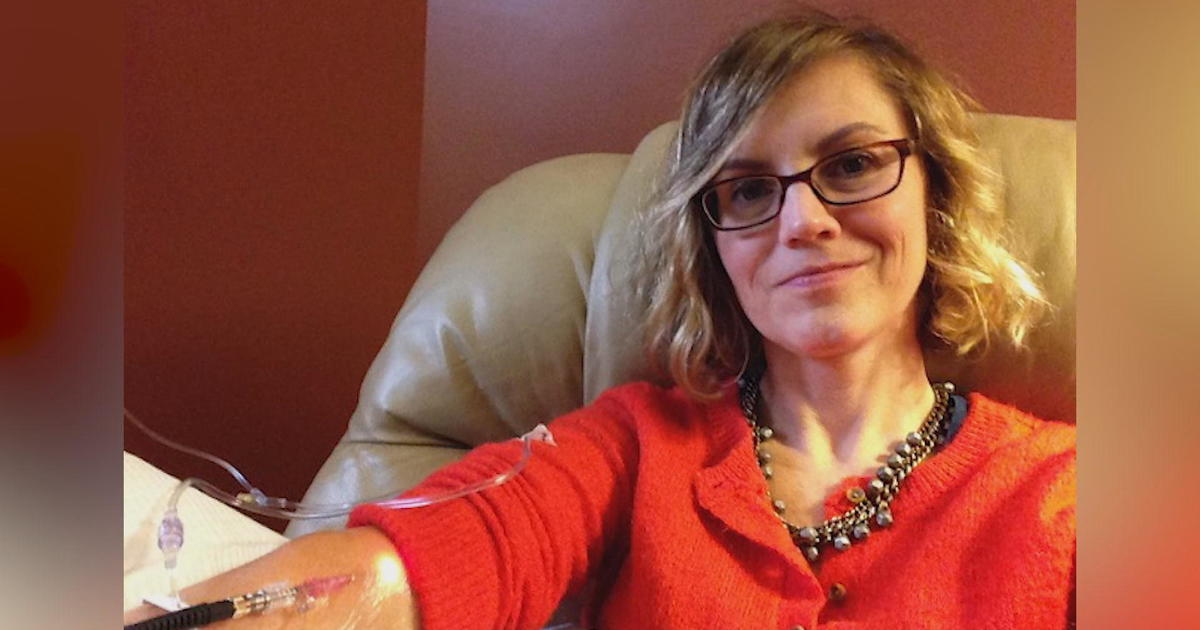Health: Potentially Dangerous Problem at Local Stores
by Stephanie Stahl
PHILADELPHIA (CBS) - A 3 On Your Side Investigation shows how something you depend on at your local pharmacy could be putting you at risk. Health Reporter Stephanie Stahl uncovers the potentially dangerous problem.
You see them in pharmacies and supermarkets everywhere. Blood pressure monitors that allow people to quickly and easily check their numbers, for free. But how well do they work?
"I can't really testify to the accuracy of it," said one CVS worker.
Our undercover investigation found widespread discrepancies in store monitors.
At one Acme store a pharmacist told Stahl, "Someone told me they didn't have a pulse the other day. So that's kind of a red flag cause he looked alive."
We tested the store monitors against a new, portable blood pressure machine that Lankenau Medical Center cardiologist Irv Herling tested for accuracy.
Stahl said to Dr. Herling, "This machine is basically accurate?"
Dr. Herling replied, "Yes, it is."
Dr. Herling says getting incorrect blood pressure readings can be dangerous.
"If you think your blood pressure is low and it's not, then you're not going to receive medical care," said Dr. Herling.
My producer and I tested blood pressure monitors at 10 random stores. First with our device, then the store model. One right after the other, in the same seated position.
The doctor said the numbers on the store monitor and our portable device should be within 8 points of each other. But we found big differences, including 15, 17, 22.
But the biggest was at the CVS on Mickle Boulevard in Camden. It was off by 38.
Stahl said to a manager at that store, " I was testing my blood pressure machine against yours and there was a big difference."
A pharmacy worker in the background replied, "Oh yeah, ours is awful. The company that owns that has been out to calibrate it multiple times. They can't get it calibrated properly," said that pharmacy worker.
At the Acme on Johnson Street in South Philadelphia, the store monitor said my blood pressure was 125 over 77, considered normal. But our device showed pre-hypertension, 135 over 88.
"That would give the patient a false sense of security that their blood pressures are really fine, when they're actually on the edge of being abnormal," said Dr. Herling.
In all, 16 of 20 store readings, at five chains, had significant differences in one or both of the numbers.
"It suggests that they're not accurate, and that they should not be utilized on a routine basis," said Dr. Herling.
CVS tells us another company maintains the machines, but said, "automated screenings should not be considered a replacement for a physical examination by a health care professional."
Acme says it takes all inquiries regarding their services seriously, and pointed us to its supplier, Publicom Incorporated, which tells 3 On Your Side they check store machines twice a year, and questioned the way we did our test.
All of this is enough to worry Barbara Guidotti, who takes medication for her blood pressure, and routinely checks it at the Acme where we got inaccurate readings.
"That's not good. That will scare you. I would like them to be really accurate, so that when I took it I could have confidence that it's correct reading. But ya know if they're not, now maybe I'll rethink that," said Barbara.
Store blood pressure devices are regulated by the FDA, but are not monitored by any government agency.
Just as we found, a number of studies have shown the monitors may not be reliable.
Doctors say home monitors are best if you need to regularly check your blood pressure. Of course, that doesn't replace seeing your doctor.



